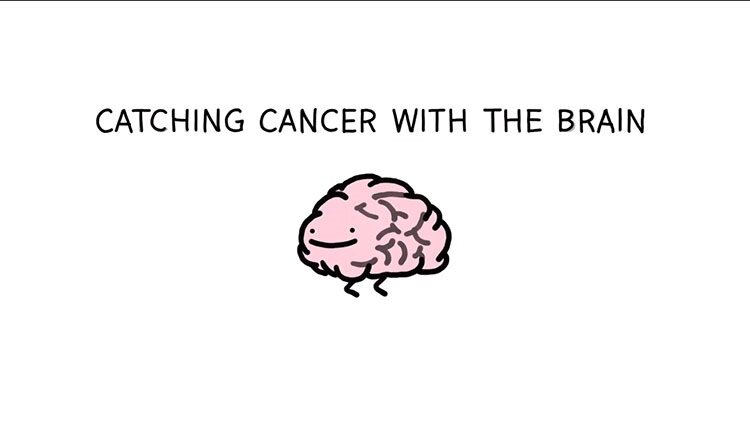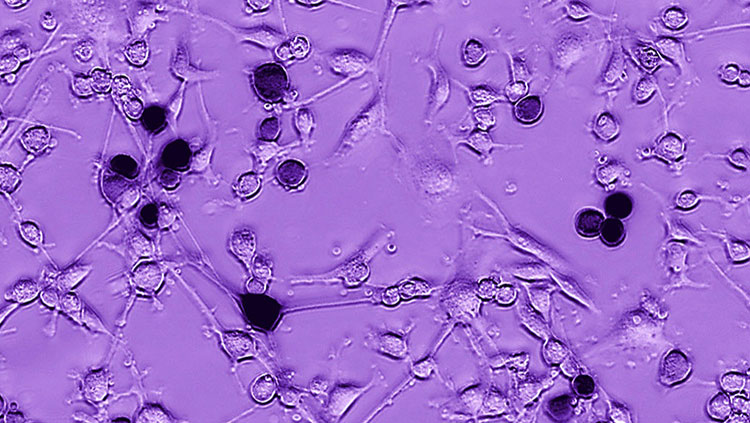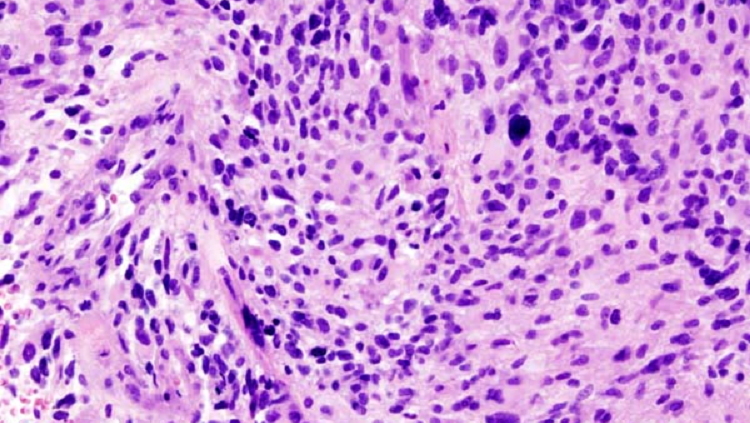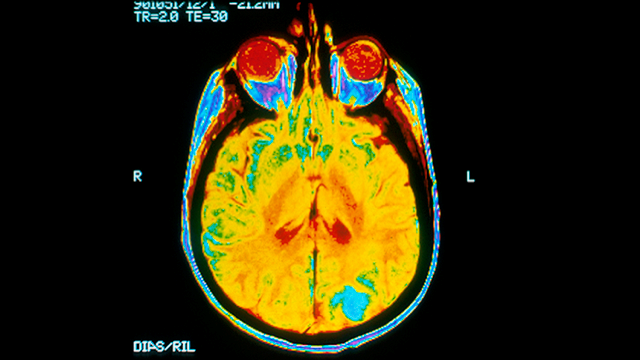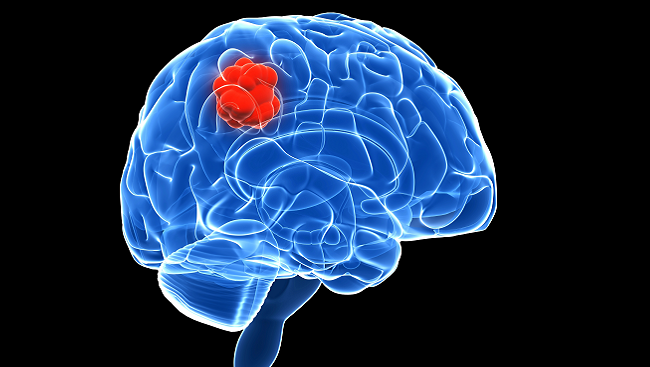Mysterious Effects of Chemotherapy on the Brain
- Published14 Dec 2023
- Source BrainFacts/SfN
Chemotherapy is a lifesaving treatment for cancer, but it can have serious consequences for the brain. People who receive chemotherapy sometimes have trouble forming new memories or develop anxiety, depression, or eating disorders. How and why this happens isn’t well understood. Research is revealing how chemotherapy drugs navigate across blood brain barrier to allow cancer drugs into the brain, potentially impacting other brain cells and structures.
This is a video from the 2023 Brain Awareness Video Contest.
Created by Akhil Kalepalli.
CONTENT PROVIDED BY
BrainFacts/SfN
Transcript
Cancer is the second leading cause of death in the United States, with approximately 1.9 million new cancer diagnoses and 608,000 deaths recorded in 2021. Among the most common treatments for cancer is chemotherapy, although it comes with the risk of neurological complications.
To embark on a fascinating exploration into the realm of neurotoxicity, we must first comprehend the nature of chemotherapy. This therapeutic approach aims to target rapidly dividing cells, including cancerous ones, and operates by delivering drugs through the bloodstream to eliminate cancer cells’ spread throughout the body.
Before chemotherapy drugs can reach brain cells, they encounter a significant obstacle known as the blood-brain barrier. The blood-brain barrier consists of tightly packed cells that selectively control the substances allowed into our brain tissue, safeguarding it against potentially harmful agents. In order to enhance the efficacy of chemotherapy, doctors employ additional medications, such as hyperosmotic solutions, to shrink the cells in the blood-brain barrier. This process effectively paves the way for medication to penetrate brain cells.
However, these drugs can directly affect brain cells, leading to neurotoxicity and subsequent cognitive impairments. When cancer therapies are introduced into our bodies, they can unintentionally impact various neural regions, giving rise to a condition referred to as chemo brain.
Chemo brain encompasses the cognitive changes experienced by cancer patients during and after treatment, and its effects can persist for up to 10 years following treatment. However, let's discuss a specific structure chemo brain affects.
Deep within the intricate folds of the brain lies the hippocampus, a vital component of the limbic system responsible for learning and memory. The hippocampus plays a key role in long-term memory formation. For information to become a long-term memory, it must initially pass through the cerebral cortex, the outer layer of the brain. Then it undergoes processing in the hippocampus. If a memory is deemed significant or distinctive, the hippocampus then sends it back to the cerebral cortex for long-term storage. Conversely, less important memories are discarded, remaining as short-term memories.
Certain cancer treatments inflict damage upon the hippocampus due to elevated levels of fat molecules. Extensive research has demonstrated that chemotherapy disrupts hippocampal function, leading to suppressed neurogenesis, the generation of new neurons, and alterations in synaptic plasticity. These disruptions impair memory formation, attention, learning, and processing speed.
However, chemotherapy's impact on the brain extends beyond structural components, affecting the intricate network of neurons. To better comprehend this, let’s delve into the structure of a neuron. A neuron comprises three main regions: the cell body, axon, and axon terminals. Here, we’ll focus on the axon. The axon is enveloped by a protective layer called the myelin sheath, which enhances the speed of signal transmission. During chemotherapy, the production of myelin by oligodendrocytes is suppressed, and the existing myelin may have become damaged. Consequently, signals within the affected nerves travel at a slower pace, resulting in cognitive impairment and delayed information processing.
Effective communication between neurons relies heavily on small molecules known as neurotransmitters. Axon terminals are present at the ends of each neuron, releasing neurotransmitters that traverse the synaptic cleft. These neurotransmitters subsequently reach the dendrites of adjacent nerves, facilitating the transmission of signals.
Unfortunately, chemotherapy can impede the release and uptake of certain neurotransmitters, such as serotonin and dopamine. This disruption in neurotransmitter balance can lead to a range of issues, including depression, anxiety, and eating disorders.
I hope you learned a little more about the intricacies of chemotherapy in neuroscience. Thank you.
Also In Cancer
Trending
Popular articles on BrainFacts.org



